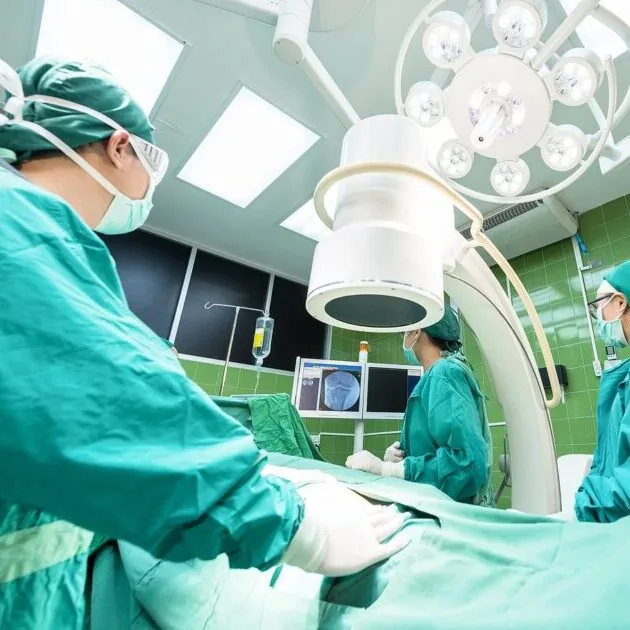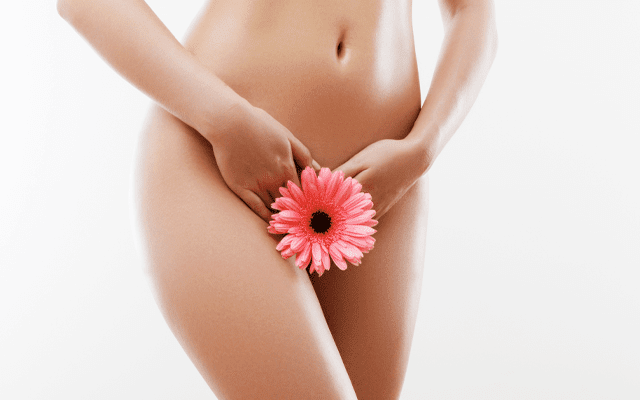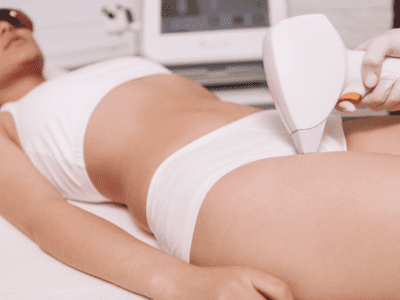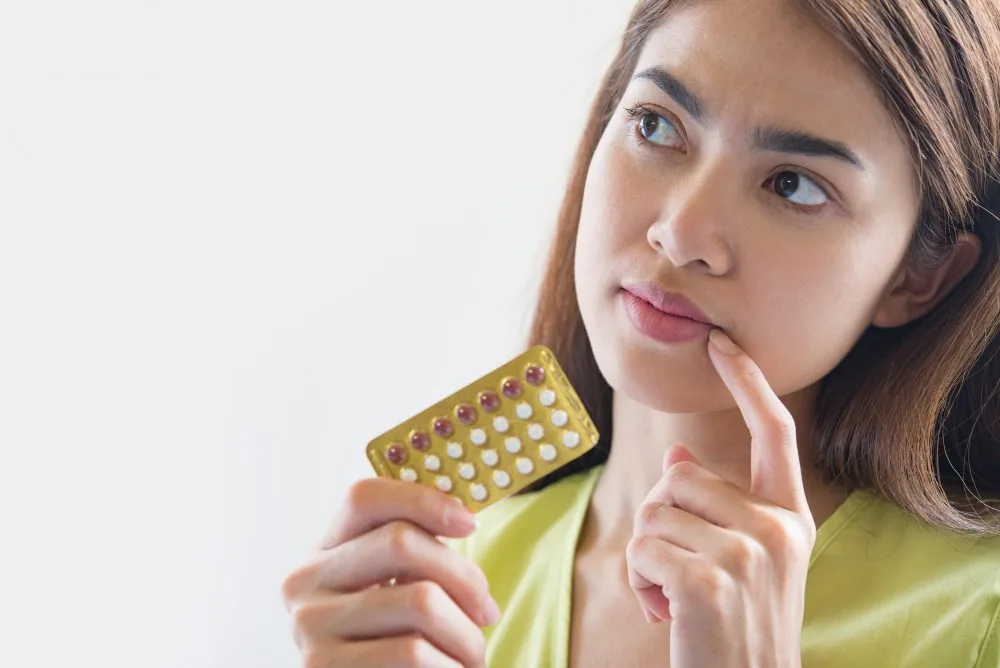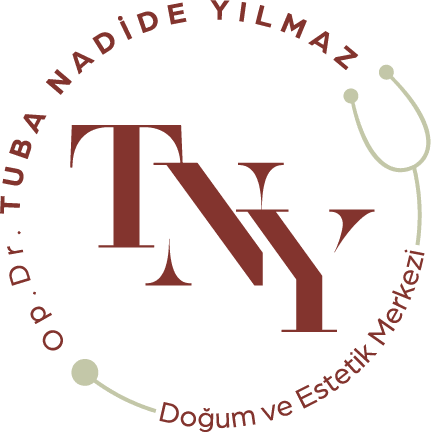Definition of Failure to Orgasm
Sexual health has a significant impact on individuals' overall health and quality of life. In this context, the inability to orgasm is a problem that many women and men face. However, without adequate knowledge, it can be difficult to understand and treat this condition. In this chapter, we will discuss the physiological aspects of orgasm and the general definition of non-orgasmia.
Physiological aspects of orgasm
Orgasm is a physiological and emotional response that occurs as a result of sexual arousal, usually characterized by sexual pleasure and relaxation. This response is the result of the coordinated work of the nervous system, hormonal system and genital organs. During orgasm, the secretion of neurotransmitters such as dopamine, oxytocin and endorphins increases in the brain, which causes a feeling of pleasure and relaxation.
Definition and overview of inability to orgasm
Inorgasmia is the absence of orgasm during sexual activity. This condition can negatively affect sexual life and reduce the individual's self-esteem, relationships and overall quality of life. Opr. Dr. Tuba Nadide Yılmaz, in her studies on this subject, stated that there may be many different reasons for the inability to orgasm. These reasons can vary in a wide range such as physiological, psychological, medications and medical conditions. In addition, the prices of treatment for inability to orgasm may vary depending on the treatment method, the specialist and the duration of the treatment.
Read the rest of the article to learn more about this and other aspects of not having an orgasm.
Types of Failure to Orgasm
Inability to orgasm is a complex sexual health issue and there are several different types of this condition. Each type can have different causes, symptoms and treatment approaches. In this section, we will explore the four main types of inability to orgasm in detail.
Primary anorgasmia
Primary anorgasmia refers to a condition in which an individual has never been able to have an orgasm in their entire life. This condition is usually present from the first moment of sexual activity. Opr. Dr. Tuba Nadide Yılmaz states that primary anorgasmia is usually caused by a lack of sexual education or negative experiences with sexuality.
Secondary anorgasmia
Secondary anorgasmia occurs in individuals who were previously able to orgasm, but after a certain period of time they become unable to orgasm. This can occur for a variety of reasons, such as trauma, medical conditions or relationship problems.
Situational anorgasmia
Situational anorgasmia refers to a condition in which an individual is unable to orgasm only under certain situations or conditions. For example, an individual may only be unable to orgasm with a particular partner or during a particular sexual activity.
General anorgasmia
Generalized anorgasmia is a condition in which an individual is unable to orgasm under any circumstances. This condition can occur for both physiological and psychological reasons and usually requires a comprehensive treatment approach.
Prices for inability to orgasm treatment may vary depending on the treatment method chosen, the experience of the specialist and the duration of the treatment. However, customized treatment approaches are available for each type and this is determined depending on the cause and severity of the problem the individual is experiencing.
Causes of Failure to Orgasm
The reasons behind the inability to have an orgasm may vary from one individual to another. Sometimes this may be due to physiological reasons, sometimes due to psychological problems, sometimes due to side effects of medications or medical conditions. Opr. Dr. Tuba Nadide Yılmaz emphasizes that understanding the cause of this problem is the first step in creating an effective treatment plan.
Physiological causes
In some individuals, the reason for not having an orgasm may be physiological. These include:
- Hormonal imbalances
- Neurological problems
- Trauma or injury to the genitals
- There are factors such as age-related changes such as menopause or andropause.
Psychological reasons
One of the reasons behind not having an orgasm may be psychological. Such reasons may include:
- History of sexual trauma
- Feelings of guilt or shame about sexuality
- Lack of self-esteem
- Depression or anxiety
Medicines and medical conditions
Some medications and medical conditions can be the cause of the inability to orgasm. In particular, antidepressants, high blood pressure medications and some antipsychotic drugs can cause sexual side effects. In addition, diabetes, multiple sclerosis and some cardiovascular diseases can also cause inability to orgasm.
Relationship dynamics
Sometimes the reason for not having an orgasm can be due to the dynamics of the relationship with the partner. Stress in the relationship, lack of communication or sexual disharmony can be among the reasons for not being able to orgasm.
Prices for inability to orgasm treatment may vary depending on the chosen treatment method, the experience of the specialist and the duration of the treatment. However, correctly identifying the cause of this problem is key to creating an effective treatment plan.
Success Rates and Statistics
Research on the success and effectiveness of different treatment methods in the treatment of inability to orgasm can help individuals make more informed decisions on this issue. Opr. Dr. Tuba Nadide Yılmaz has contributed to many studies evaluating the success of treatment methods. In this section, we will focus on success rates and relevant statistics in the treatment of inability to orgasm.
Percentage of people treated
Statistics on the percentage of people who seek treatment for inability to orgasm reveal the seriousness of this problem and the need for treatment. Research shows that only 40 percent of people who experience inability to orgasm receive professional help.
Evolution of success rates over the years
Over the last decade, success rates in the treatment of inability to orgasm have increased dramatically. Thanks to improved medical technologies, more effective medications and therapy methods, more than 70 percent of treated individuals experience positive results.
Success rates according to methods
The success of different treatment modalities may vary depending on the type and severity of the individual's problem. For example:
- Medical treatments: 65 percent success rate
- Psychotherapy and counseling: 60 percent success rate
- Sexual therapy: 75 percent success rate
- Alternative therapies (Acupuncture, Meditation): 50 percent success rate
Prices for treatment for inability to orgasm may vary depending on the chosen treatment method, the experience of the specialist and the duration of the treatment. However, it is important to remember that investing in treatment can significantly improve an individual's quality of life.
Failure to Orgasm Treatment Methods
The treatment of inability to orgasm may vary depending on the cause, severity and specific needs of the individual. Opr. As Dr. Tuba Nadide Yılmaz states, individual assessment is essential for an effective treatment approach. In this section, we will examine the different methods used in the treatment of inability to orgasm.
Medical treatments
Medical treatments may be recommended depending on the physiological causes of the inability to orgasm. These treatments may include:
Hormone therapy
Hormonal imbalances can cause the inability to orgasm. An imbalance of hormones such as estrogen, testosterone and progesterone can lead to a lack of sexual desire and inability to orgasm. Hormone therapy can help to correct these imbalances.
Medication
Some medicines can increase sexual arousal or make it easier to have an orgasm. However, these medicines can have side effects, so they should be used under the guidance of a specialist.
Approach to Treatment and Future Prospects
The inability to have an orgasm is something that many women experience, but is not often talked about. This problem can affect an individual's quality of life and interfere with their sense of fulfillment in sexual relationships. However, thanks to modern medicine and therapy methods, it is possible to overcome this problem.
Things to Consider When Deciding on Treatment
1. Expert Selection: Opr. Dr. Tuba Nadide Yilmaz an experienced specialist can increase the likelihood that the treatment process will be successful.
2. Managing Expectations: The treatment process may not produce immediate results. It is therefore important to set realistic expectations at the beginning of the process.
3. Cost Awareness: Prices for inability to orgasm treatment may vary depending on the treatment method, duration and experience of the specialist. It is worthwhile to evaluate the costs before starting treatment.
Prospects for Future Treatment Methods
Thanks to scientific research, treatments for the inability to orgasm are constantly being developed. In the future, it is expected that more effective and side-effect free treatments will be developed. In addition, as our knowledge of the causes of the inability to orgasm increases, it will be possible to develop more effective strategies for its prevention.
Son olarak, orgazm olamama sorunu yaşayan bireylerin, bu sorunu aşmak için profesyonel yardım almasının önemi vurgulanmalıdır. Kendi başına çözüm arayışı, bazen sorunu daha karmaşık hale getirebilir. Bu nedenle, deneyimli bir uzmana başvurarak, sorunun kaynağını belirlemek ve etkili bir tedavi planı oluşturmak en sağlıklı yaklaşım olacaktır.
Frequently Asked Questions (FAQ)
How common is the inability to orgasm?
The inability to orgasm is a condition that women may experience at some point in their lives. However, the prevalence of this problem can vary depending on cultural, age and other demographic factors. In general, 10-15% of women have experienced anorgasmia at some point in their lives.
When is the best time for treatment?
The inability to have an orgasm can affect the quality of an individual's life. If this situation prevents the feeling of satisfaction in sexual relationships or causes psychological discomfort, we can say that now is the best time to consult a specialist. Opr. Dr. Tuba Nadide Yılmaz, you can get information about the causes of the problem and possible treatment methods.
What are the treatment costs?
Prices for treatment for inability to orgasm can vary depending on the method of treatment, duration, techniques used and the experience of the specialist. In particular, there can be significant differences between the costs of different treatment methods such as medical treatments, psychotherapy and sexual therapy. For the most accurate information, it is recommended that you contact the specialist who will carry out the treatment process and get detailed information.
What are the signs of successful treatment?
Symptoms of successful treatment include the individual regaining a sense of fulfillment in sexual relations, an increased ability to orgasm, and a decrease in anxiety or worry during sexual intercourse. However, each individual's response to treatment may be different. Therefore, it is important to set realistic expectations at the beginning of the treatment process and to evaluate the process with a specialized physician.


